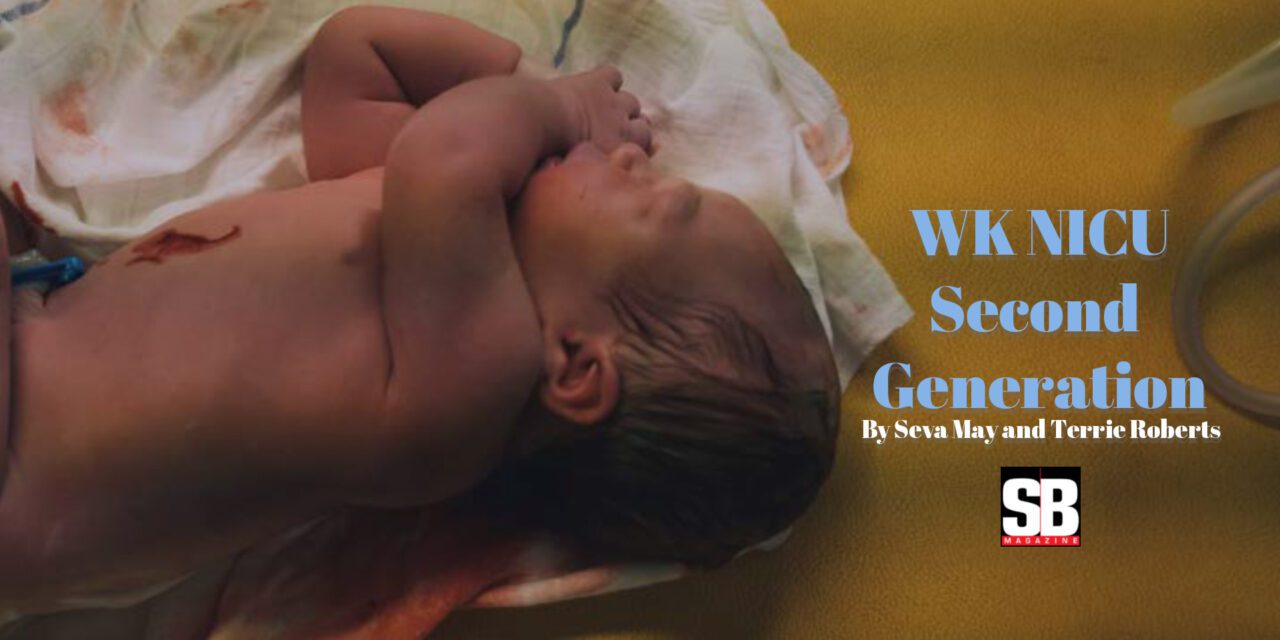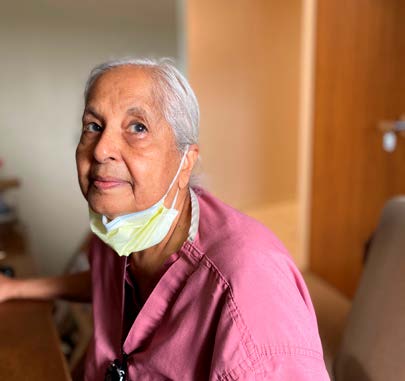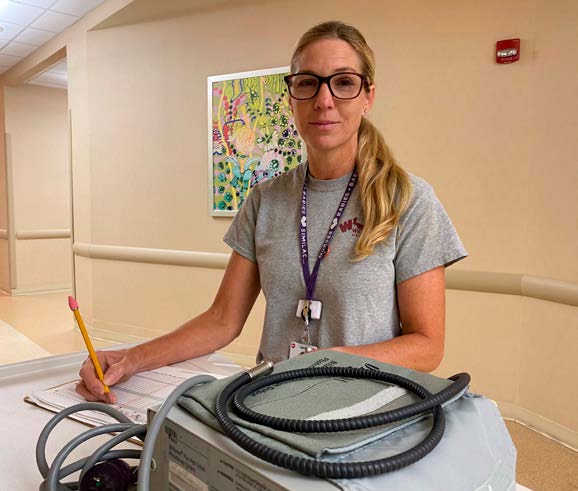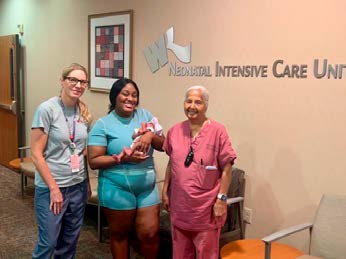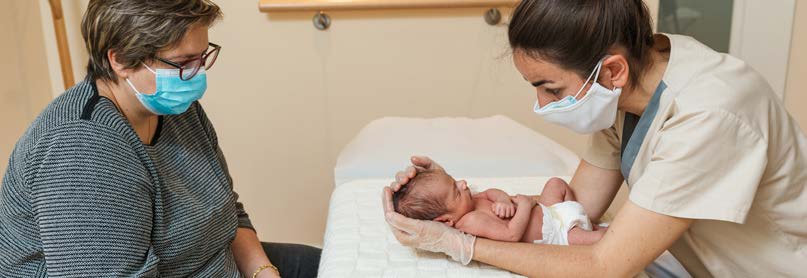The field of neonatal intensive care has undergone significant transformations over the past two centuries, reflecting advancements in medical practices, technology, and our understanding of infant health. To appreciate the great strides made in infant care, we must go back to the beginning of this field of medicine.
Initially, neonatal care was rudimentary, often limited to basic interventions for infants born prematurely or with congenital conditions. The historical development of neonatal intensive care can be traced back to the 19th century when the understanding of infant health was limited and often fraught with misconceptions. Early attempts at neonatal care were characterized by a lack of specialized knowledge and resources; premature infants were generally considered unlikely to survive.
However, establishing specialized nurseries in the early 20th century marked a pivotal shift in neonatal care. The first of these nurseries emerged in France in the 1880s, when physicians began recognizing the need for dedicated spaces to care for sick and premature infants. By the 1940s, the concept of the neonatal intensive care unit (NICU) began to take shape, with hospitals developing dedicated areas equipped with advanced medical technologies and staffed by healthcare professionals specializing in the care of newborns. A key milestone in this evolution was the introduction of incubators in the 1930s, which provided a controlled environment to protect vulnerable infants from external stresses.
Throughout the decades, the field continued to evolve, with increasing recognition of the importance of specialized training for healthcare providers and the development of standards for neonatal care, culminating in the establishment of NICUs as essential components of modern healthcare systems.
Willis Knighton Hospital NICU
Willis Knighton Hospital’s Neonatal Intensive Care Unit (NICU) stands as a beacon of hope and healing for the tiniest of patients, where advanced medical technology meets compassionate care In a meticulously designed environment tailored to meet the unique demands of newborns requiring intensive medical care, dedicated teams of neonatologists, nurses, respiratory therapists, and lactation consultants play a crucial role in the delivery of care. Each staff member is highly trained and specializes in various aspects of neonatal medicine, ensuring that every infant receives personalized attention tailored to their needs. The NICU recognizes the vital role of family involvement in the healing process. Support services, including counseling and educational programs, are readily available to help parents navigate the challenges of having a child in intensive care. Familycentered care is emphasized, with open visiting hours and opportunities for parents to participate actively in their baby’s care, fostering a sense of connection and empowerment during a vulnerable time. Each year, Willis Knighton hosts a reunion for premature babies. From this reunion, we share a unique and heartwarming story of a young mother, her baby, her nurse, and her baby’s doctor. “I actually was feeling really good,” remembers Shakeena Pinkney about the day her regularly scheduled OB appointment ended with Dr. Amanda Button of Women’s Health Clinic admitting her to Willis Knighton South. Dangerously high blood pressure put Shakeena and her baby at risk.
Her baby was due on July 3, more than one month away. A flood of emotions overwhelmed her as she reached for her phone to call her mom and the baby’s father to tell them “it’s time.” From early childhood Shakeena had always planned to be the “the rich aunt” in the family, never a mother herself, so this turn of events added to her anxiousness. Once at Willis Knighton, the mom-to-be and her baby were monitored throughout that day and the next until a drop in the baby’s heart rate necessitated a caesarian be performed. On May 31, 2024, Oaklynn Marie Hampton was born…a preemie like Shakeena 24 years earlier! And like her mom, Oaklynn spent the first days of her life in the neonatal intensive care unit at Willis Knighton South. “It was very emotional to see my daughter experience with her daughter some of what I went through with her,” says Shakeena’s mother, Marilyn Burns.
Her baby was due on July 3, more than one month away. A flood of emotions overwhelmed her as she reached for her phone to call her mom and the baby’s father to tell them “it’s time.” From early childhood Shakeena had always planned to be the “the rich aunt” in the family, never a mother herself, so this turn of events added to her anxiousness. Once at Willis Knighton, the mom-to-be and her baby were monitored throughout that day and the next until a drop in the baby’s heart rate necessitated a caesarian be performed. On May 31, 2024, Oaklynn Marie Hampton was born…a preemie like Shakeena 24 years earlier! And like her mom, Oaklynn spent the first days of her life in the neonatal intensive care unit at Willis Knighton South. “It was very emotional to see my daughter experience with her daughter some of what I went through with her,” says Shakeena’s mother, Marilyn Burns. The discovery that neonatologist Dr. Bharti M. Manchandia and registered nurse Suzie Hapgood would care for Oaklynn brought Burns to tears. Both had cared for Shakeena in 1999 as a 1 pound, 14 ounce micro preemie, and now they would be providing that same care to Burns’ granddaughter. “Dr. Manchandia said, ‘I took care of your daughter. I will take care of your granddaughter. Everything will be alright,’” Burns says. “It was a full circle moment,” Shakeena added. “We all cried when we realized the same doctor and nurse that took care of me would be taking care of my baby.” “When I saw the name Pickney, I remembered I had taken care of a baby with that name before,” Hapgood recalls. “It’s not a common name. I couldn’t believe it.” “Her eyes got so big,” Burns says when the connection registered with Hapgood. “Soon, we all were crying.” The love and quality care provided by Willis Knighton NICU neonatologists, nurses, respiratory therapists, lactation consultants, and other healthcare providers hasn’t changed since Marilyn Burns gave birth to her baby girl 24 years ago. The health organization’s tiniest, most vulnerable patients continue to receive intensive medical care from highly trained specialists using the most advanced medical technology.
But the NICU Burns remembers is long gone. In 2007, Willis Knighton expanded its NICU from 3,793 square feet to 22,069 square feet and became the first in the region to offer a neonatal intensive care unit with single patient rooms. It was a revolutionary concept. The expansion ended one of the most challenging parts for parents of a baby who has to spend time in a NICU – going home at the end of emotionally draining days, leaving their baby behind, and the heartbreak of separation remembered years later. “It was a scary, sad and emotional experience,” Burns recalls—the physical separation. Not being able to feed her baby herself and not being able to solely care for her baby. Feeling helpless. Not knowing what news she would get when the phone rang. “At that time, all babies and mothers were in a big open ward together, separated only by curtains,” Burns says. “We would watch when other moms lost their babies because we were all in the same room. It was very hard emotionally.” Single patient rooms at Willis Knighton’s NICU enable parents to stay overnight with their newborn and give staff more access and interaction with them and their baby. The calming environment, individual lighting, and reduced noise levels help babies achieve developmental goals. Rooms also provide moms space and privacy to breastfeed, practice skin-toskin bonding, and be more intimately involved in their newborn’s care. Shakeena Pinkney says she’s grateful for a more private NICU experience with a family-centered focus.
“They helped me so much and took such great care of my baby,” she says. “I love them all and thank them for everything they did for my baby and all that they do for all the babies. They have such a love for what they do.” Baby Oaklynn is now three months old, and Shekeena says it seems like they were leaving Willis Knighton South NICU yesterday. She remembers her first night home with her baby daughter well. “We were so nervous,” she says with a laugh. “We were scared. I told myself, ‘I’m just not going to go to sleep. I’m staying up. I wanted to check her breathing.” Something all mothers do.
While this is not a daily occurrence at the NICU, it reinforces that the Willis Knighton Hospital NICU’s achievements are not merely anecdotal; they are backed by a wealth of successful outcomes and ongoing research initiatives that highlight the unit’s commitment to excellence in neonatal care. Case studies from the NICU illustrate the remarkable resilience of premature infants, many of whom have overcome significant health challenges to thrive.
Willis-Knighton was the first in the region to offer a Neonatal Intensive Care Unit with individual rooms. The design was showcased in national publications. However, the best response has come from parents who were able to bond with their babies in a more private setting. The single-patient room (SPR) design offers many benefits, such as a decrease in how long the patient stays, a reduction in the incidence of sepsis, and a decreased use of supplemental oxygen. More importantly, SPR provides a more intimate bonding experience between parent and infant.
Willis Knighton Hospital NICU exemplifies the best practices in neonatal care, combining advanced medical technology with compassionate, familycentered support. From its thoughtfully designed facility to its dedicated team of professionals, every aspect of the NICU is geared toward providing the highest level of care for vulnerable newborns. The rigorous patient care protocols and the emphasis on family involvement ensure that infants and their families receive the support they need during critical times. The NICU’s commitment to innovation and community outreach highlights its vital role in advancing neonatal medicine and promoting public health awareness. As the field of neonatal care continues to evolve, the Willis Knighton Hospital NICU remains at the forefront, dedicated to saving lives and fostering hope for families facing the challenges of prematurity and illness.




